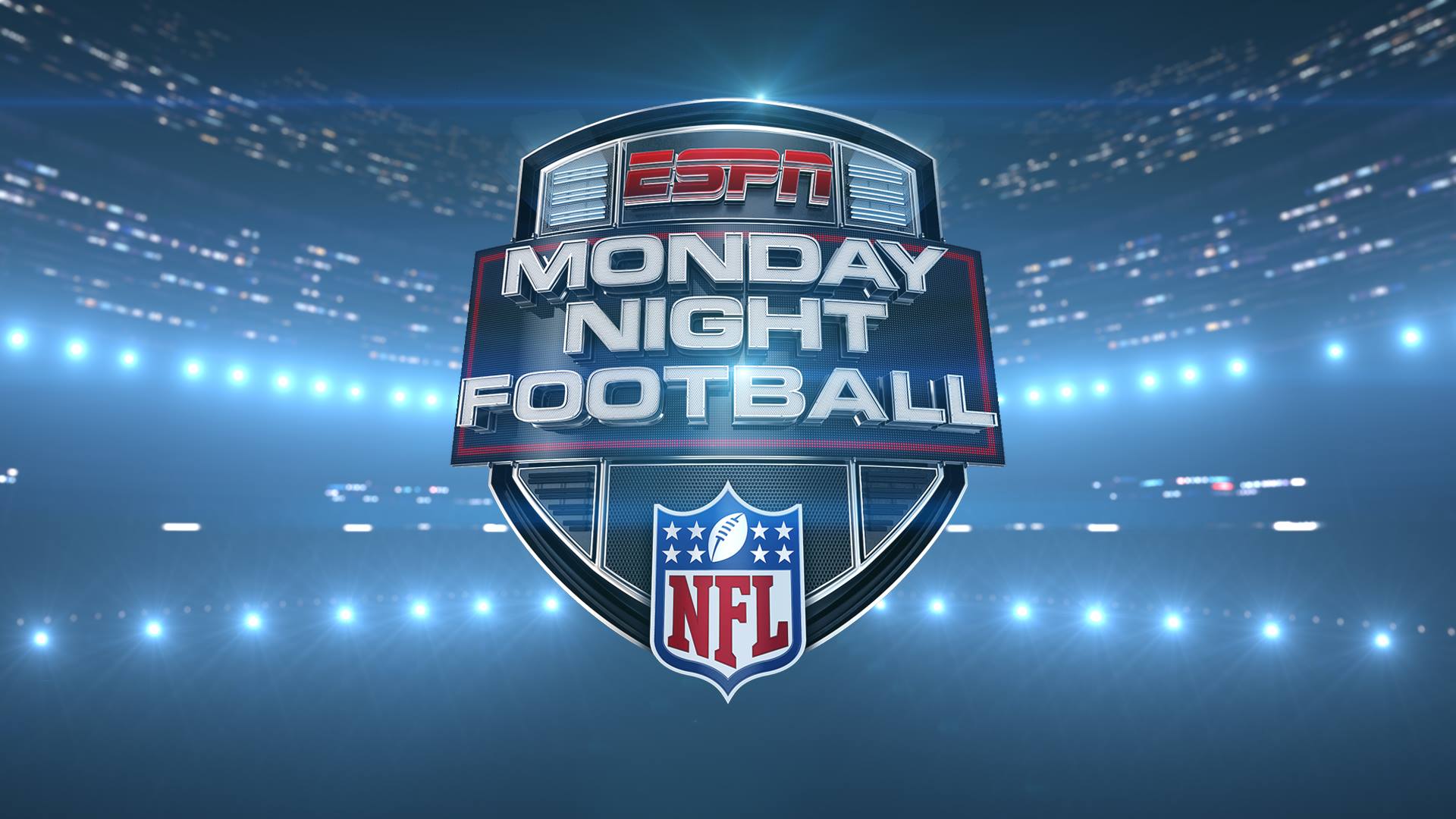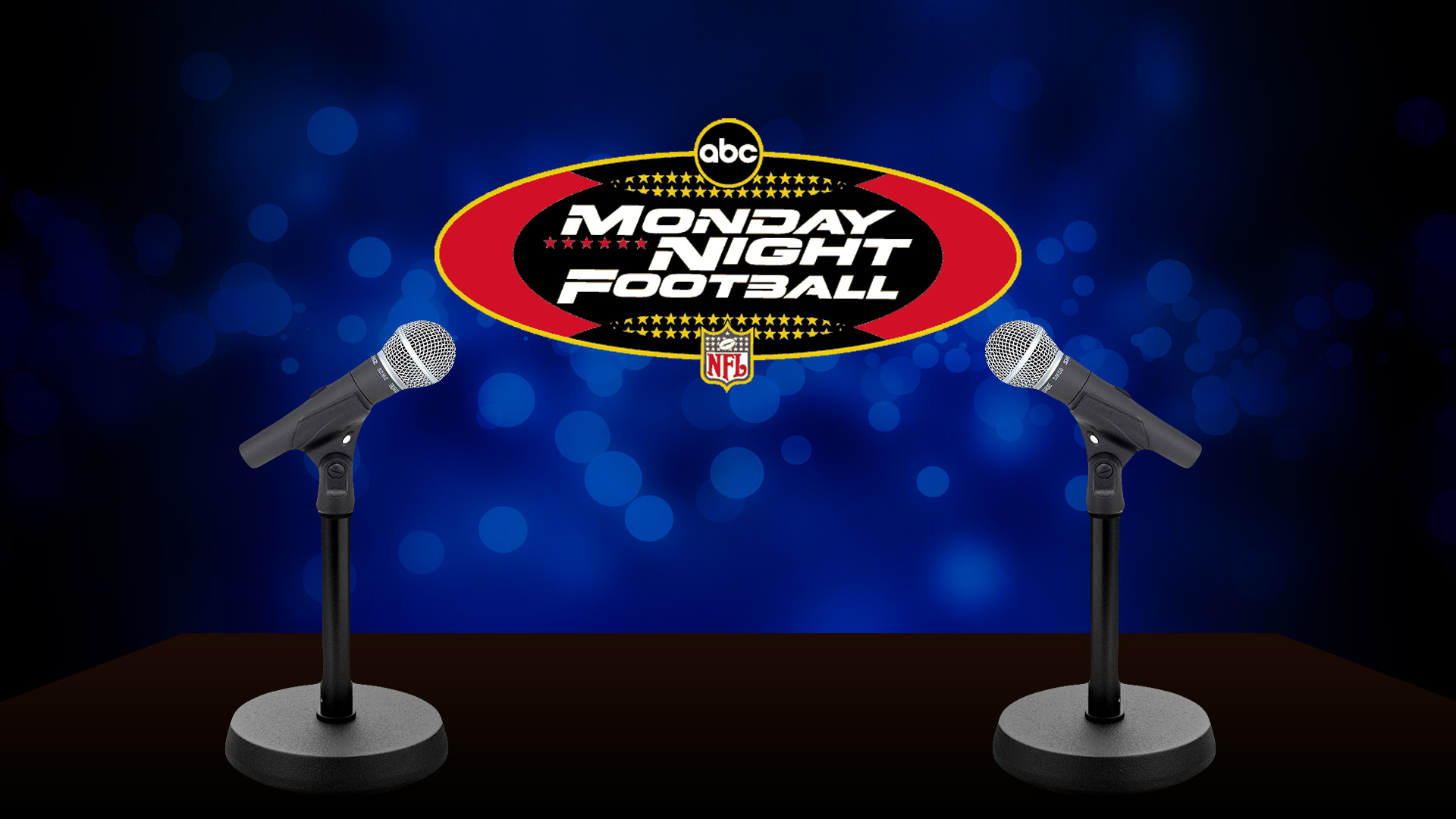Monday Night Football has been a staple of American sports culture for decades, captivating audiences with its electrifying matchups and primetime drama. But have you ever wondered when it all began? The story behind Monday Night Football is as thrilling as the games themselves, filled with intriguing twists and legendary moments that have shaped the modern NFL experience. This isn't just about football; it's about the evolution of sports entertainment as we know it today. So grab your favorite snack, and let's dive into the complete history of Monday Night Football.
For millions of fans, Monday nights are synonymous with football, and there's a reason for that. The tradition started way back in the late 1960s when the NFL decided to take a bold step into primetime television. This decision wasn't just about scheduling games on a different day; it was about revolutionizing how sports were consumed by the public. It marked the beginning of an era where football wasn't just a game but a national phenomenon.
Now, as we embark on this journey through the history of Monday Night Football, we'll explore everything from its humble beginnings to the global sensation it has become. From the early days of ABC to the high-tech broadcasts of today, we'll uncover the secrets, controversies, and unforgettable moments that have made this weekly event so special. Let's get started!
The Birth of Monday Night Football
Why Monday Night?
Back in the '60s, football games were primarily played on Sundays, with occasional games on Thursdays or Saturdays. The idea of airing a game on Monday night seemed unconventional at first. But the NFL and ABC saw potential in this untapped market. By broadcasting games on Monday nights, they could reach an audience that wasn't glued to their TVs during the weekend. It was a calculated move to create a unique viewing experience that stood out from the rest.
Moreover, Monday nights offered a fresh start for fans who had already spent their weekends immersed in college and NFL football. It was the perfect time to keep the excitement alive and give people something to look forward to after a long workweek. And boy, did it work! The concept resonated with fans, and soon Monday Night Football became a weekly ritual for millions.
Setting the Stage: The First Game
The very first Monday Night Football game took place on September 21, 1970. It featured the New York Jets taking on the Cleveland Browns at Cleveland Stadium. Little did anyone know that this game would mark the beginning of something extraordinary. The Jets won the game 31-21, but the real winners were the fans and the network, who witnessed the birth of a new sports tradition.
- Discover Trending Entertainment Movies Shows Streaming Guide
- Is Hdmovieshub Safe Discover Streaming Download Sites Year
ABC, the network that aired the game, invested heavily in production quality, ensuring that viewers at home experienced the game in a way they never had before. The use of multiple cameras, innovative graphics, and engaging commentary set a new standard for sports broadcasting. It wasn't just about watching a game; it was about being part of an event.
The Evolution of Monday Night Football
The 1970s: Establishing a Legacy
The '70s were a transformative decade for Monday Night Football. It wasn't just about the games; it was about the personalities and the stories that unfolded on and off the field. The rivalry between the Dallas Cowboys and the Pittsburgh Steelers became one of the most iconic in sports history, with both teams dominating the airwaves and the headlines. These games weren't just about winning; they were about proving who was the best.
ABC's Howard Cosell became the face of Monday Night Football, bringing his distinctive style and sharp commentary to the broadcasts. His partnership with Don Meredith and Frank Gifford created a dynamic trio that kept viewers entertained week after week. Their banter and insights added a layer of entertainment that made Monday Night Football must-watch TV.
The 1980s: Expanding the Audience
As the '80s rolled in, Monday Night Football continued to grow in popularity, reaching new audiences and breaking viewership records. The NFL expanded its schedule, allowing for more exciting matchups and primetime showdowns. This era saw the rise of legendary quarterbacks like Joe Montana, John Elway, and Dan Marino, whose performances became the stuff of legend.
Technological advancements also played a significant role in enhancing the viewing experience. The introduction of instant replay, improved camera angles, and better audio quality brought fans closer to the action than ever before. It was during this time that Monday Night Football truly cemented its place as a cultural phenomenon.
Key Players and Personalities
Howard Cosell: The Voice of Monday Night Football
Howard Cosell was more than just a broadcaster; he was a trailblazer. His unique style and unapologetic honesty set him apart from other commentators of his time. Cosell had a knack for calling it like he saw it, often sparking controversy and debate. But that's exactly what made him so compelling to watch. His partnership with Don Meredith and Frank Gifford created a chemistry that was unmatched, making Monday Night Football a must-watch for fans across the country.
Beyond his on-air presence, Cosell was instrumental in shaping the identity of Monday Night Football. He pushed boundaries, challenged norms, and elevated the level of discourse around the game. His legacy continues to influence sports broadcasting to this day.
Don Meredith: The Charismatic Cowboy
Don Meredith, affectionately known as "Dandy Don," brought a laid-back charm to Monday Night Football that perfectly complemented Cosell's intensity. As a former NFL quarterback and a member of the Dallas Cowboys, Meredith brought credibility and insight to the broadcasts. His humor and storytelling made him a fan favorite, and his catchphrase "Turn out the lights, the party's over" became synonymous with the show.
Meredith's presence on Monday Night Football helped bridge the gap between players and fans, giving viewers a glimpse into the mindset of professional athletes. His contributions to the show were invaluable, and his impact is still felt today.
The Impact on American Culture
A Night to Remember
Monday Night Football isn't just about the games; it's about the experience. It's about gathering with friends and family, sharing stories, and creating memories. The show has become a cultural institution, influencing everything from fashion to music. The theme song, "Da Da Da," became an anthem for fans, and its iconic opening sequence is still one of the most recognizable in sports broadcasting.
Over the years, Monday Night Football has featured some of the most memorable moments in sports history. From last-second comebacks to record-breaking performances, the show has provided fans with countless reasons to tune in. It's more than just a game; it's an event that brings people together.
The Business of Football
Monday Night Football has also had a significant impact on the business side of sports. The success of the show paved the way for other networks to invest in primetime sports programming, leading to the creation of Sunday Night Football, Thursday Night Football, and more. The financial windfall generated by these broadcasts has helped fuel the growth of the NFL, making it one of the most lucrative sports leagues in the world.
Advertisers have also benefited greatly from the popularity of Monday Night Football. The show's large and engaged audience makes it an attractive platform for brands looking to reach a wide demographic. From car companies to fast-food chains, advertisers have used Monday Night Football to showcase their products and connect with consumers.
Modern-Day Monday Night Football
The Digital Age
In today's digital age, Monday Night Football continues to evolve, embracing new technologies and platforms to reach a broader audience. Streaming services have made it easier than ever for fans to watch games from anywhere in the world. Social media has also played a crucial role in enhancing the fan experience, allowing viewers to engage with each other and share their thoughts in real-time.
Despite these changes, the core essence of Monday Night Football remains the same. It's still about the games, the stories, and the memories. The show has adapted to the times while staying true to its roots, ensuring that it remains relevant and exciting for future generations.
Looking Ahead
As we look to the future, Monday Night Football is poised to continue its reign as one of the most popular sports broadcasts in the world. With advancements in technology and changes in how people consume media, the show will undoubtedly evolve to meet the needs of its audience. But one thing is certain: Monday Night Football will always be a cornerstone of American sports culture, bringing fans together and creating unforgettable moments for years to come.
Table: Key Dates in Monday Night Football History
Major Milestones
Here's a quick look at some of the most significant moments in the history of Monday Night Football:
- September 21, 1970: The first Monday Night Football game is played between the New York Jets and the Cleveland Browns.
- 1978: The Dallas Cowboys and the Pittsburgh Steelers play one of the most memorable Monday Night Football games, with the Cowboys emerging victorious in a thrilling overtime victory.
- 1984: The New York Giants defeat the San Francisco 49ers in a game that features one of the greatest plays in Monday Night Football history, known as "The Catch."
- 2006: ESPN takes over the broadcasting rights for Monday Night Football, marking a new era for the show.
- 2021: Monday Night Football introduces a new theme song and graphics package, signaling its continued evolution.
Conclusion
Monday Night Football has come a long way since its inception in 1970. From its humble beginnings to its status as a global phenomenon, the show has consistently delivered excitement, drama, and unforgettable moments. It's more than just a game; it's a celebration of sports, culture, and community.
As we reflect on the history of Monday Night Football, it's clear that its impact extends far beyond the field. It has influenced how we watch sports, how we engage with each other, and how we experience entertainment. Whether you're a lifelong fan or a newcomer to the sport, Monday Night Football offers something for everyone.
So the next time you settle in for a Monday night game, take a moment to appreciate the rich history and legacy that make Monday Night Football so special. And don't forget to share your thoughts in the comments below or on social media. Let's keep the conversation going and celebrate the game we all love!
Table of Contents:
- The Birth of Monday Night Football
- Why Monday Night?
- Setting the Stage: The First Game
- The Evolution of Monday Night Football
- The 1970s: Establishing a Legacy
- The 1980s: Expanding the Audience
- Key Players and Personalities
- Howard Cosell: The Voice of Monday Night Football
- Don Meredith: The Charismatic Cowboy
- The Impact on American Culture
- A Night to Remember
- The Business of Football
- Modern-Day Monday Night Football
- The Digital Age
- Looking Ahead
- The Viral Buscar Kid Mom Cctv Video Whats The Buzz
- Hdhub4u 2025 Your Ultimate Streaming Guide Tips Tricks


